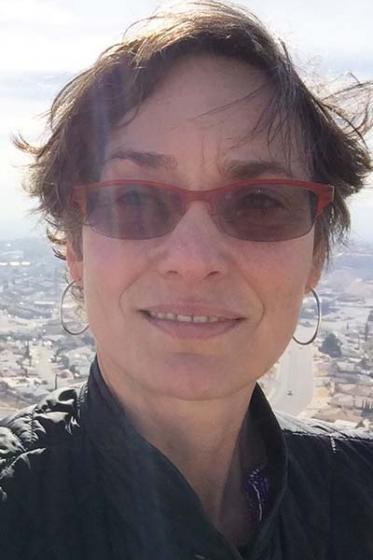Bridging the gap — feminist, queer, and the geographical imaginary
Abstract
Within geography, the flourishing of studies on sexuality indicate the vibrancy of scholarship that approaches sexuality as a nexus of the global and the intimate, where the most private and introspective experiences of embodied self meet with the multiscalar processes of identity and power across the local—global continuum. Certainly, recent publications in sexual, queer and feminist geographies leave no room for doubt that sexuality and gender are axes of multiscalar activity for developing meaning, power and politics in the most personal and public of settings around the world. Consequently, geographers have illustrated how any politics by and in support of those who subvert normative gendered and sexual subjectivities requires geographical imaginations that bridge methodological approaches. In this report, I focus on such geographical imaginaries by examining the efforts of those who work within and across the diverse fields of queer and feminist theories to create synergistic efforts for investigating the everyday life of power, identity and place.
Abstract
Within geography, the flourishing of studies on sexuality indicate the vibrancy of scholarship that approaches sexuality as a nexus of the global and the intimate, where the most private and introspective experiences of embodied self meet with the multiscalar processes of identity and power across the local—global continuum. Certainly, recent publications in sexual, queer and feminist geographies leave no room for doubt that sexuality and gender are axes of multiscalar activity for developing meaning, power and politics in the most personal and public of settings around the world. Consequently, geographers have illustrated how any politics by and in support of those who subvert normative gendered and sexual subjectivities requires geographical imaginations that bridge methodological approaches. In this report, I focus on such geographical imaginaries by examining the efforts of those who work within and across the diverse fields of queer and feminist theories to create synergistic efforts for investigating the everyday life of power, identity and place.
